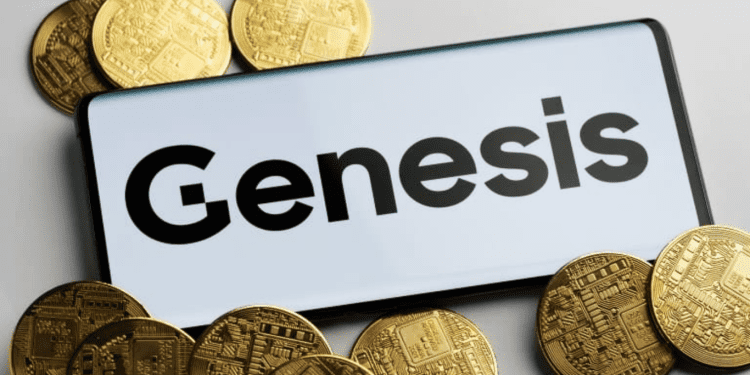- Gemini co-founder has accused DCG’s Silbert of bad faith stalling in a $900 million locked funds dispute.
- Claimants allege in a filing that Genesis breached its Master Agreement when it became insolvent in the summer of 2022 while hiding its insolvency from lenders like Gemini
- Winklevoss says that Genesis and DCG owe Gemini and its clients $900 million, and gave Silbert until January 8 to publicly commit to solving this problem.
Three Gemini Earn users have filed a request for class action arbitration against Genesis Global Capital and Digital Currency Group after the company suspended its Earn redemption program following a move by Genesis to freeze withdrawals.
Based on the report, the claimants argue that Genesis has not been able to return their digital assets, as well as those belonging to Gemini Earn users, as stipulated in the Master Agreements binding the company and its users.
The three also allege that Genesis first broke the statutes in the Master Agreement when it turned insolvent in the summer of 2022 but did not disclose the insolvency situation from its customers. The allegations also go on to say that Genesis then participated in a fictional transaction with its parent company Digital Currency Group (DCG), in concealing the insolvency, exchanging the right to collect a $2.3 billion debt that the now-insolvent hedge fund Three Arrows Capital (3AC) owed to Genesis for a promissory note of $1.1 billion due in 2023.
According to the group of three from Gemini Earn, Genesis’ Master Agreement is effectively developing unregistered securities sales, adding that they are seeking to rescind the contracts of sale and related damages.
Class Action Suit Against Gemini
Besides the Genesis-DCG lawsuit, there is another class action suit that investors Brendan Picha and Max J. Hastings concurrently filed against Gemini beginning in late December 2022, where they allege that the exchange took part in the sale of unregistered securities through their Earn program. A paragraph in the filing from the Picha and Hastings class action reads:
“When Genesis encountered financial distress as a result of a series of collapses in the crypto market in 2022, including FTX Trading Ltd. (“FTX”), Genesis was unable to return the crypto assets it borrowed from Gemini Earn investors.”
The filing also adds that Gemini declined to honor any further redemptions and effectively wiped out all investors that still had any holdings in the program, including that belonging to the plaintiff.
In a late Monday Twitter thread, Gemini co-founder Cameron Winklevoss and DCG CEO Barry Silbert engaged in a heated conversation, with the exchange executive accusing Silbert of engaging in “bad faith stalls tactics” over plans to restore withdrawals from Genesis.
According to Winklevoss, Genesis and DCG owe Gemini and its clients up to $900 million. Accordingly, they gave Silber a tip on January 8 to publicly commit to solving the situation.
About Class Action Arbitration
Class-action arbitration is often seen as an alternative to a class-action lawsuit. It refers to a dispute resolution process where a neutral third-party arbitrator resolves disputes between parties.
The arbitration process usually is voluntary and less formal, although the arbitrator’s decision is binding and cannot be appealed. As such, the process is potentially faster and less costly compared to the alternative class-action lawsuit.
Noteworthy, DCG is the parent company of CoinDesk.














